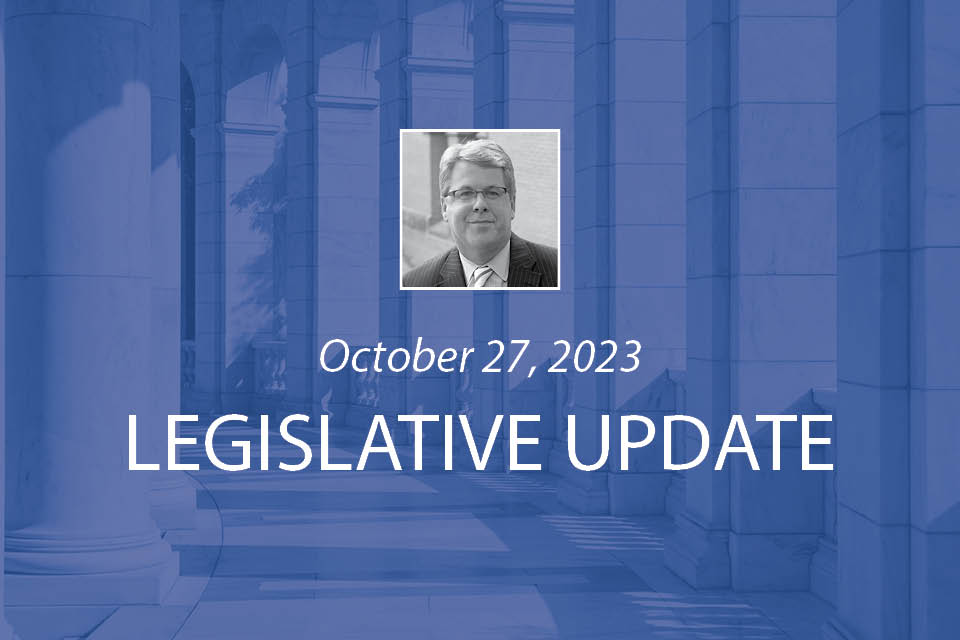Fed Jumps into Swipe Fee Battle
On Wednesday, the Federal Reserve Board released a proposal for public comment that would lower the maximum interchange fee that a large debit card issuer can charge per debit transaction. Under the proposal, the cap on those fees would be cut about 28% to 14.4 cents per transaction plus 0.04% of the transaction amount. The current limit is 21 cents per transaction plus 0.05%, a maximum set back in 2011.
The public policy debate of so-called “swipe fees” has been intense. ABMA has supported legislation sponsored by Senators Dick Durbin (D-IL) and Roger Marshall (R-KS) known as the Credit Card Competition Act that would enhance competition in the credit card network market, which is currently dominated by Visa and Mastercard. Yesterday’s announcement by the Fed was praised by retail groups such as the Retail Industry Leaders Association (RILA), which has been leading the fight on this issue on Capitol Hill. Shares of Visa and Mastercard fell on the news.
Fed Governor Michelle W. Bowman indicated that she is not supporting the proposal in part because of the burden they could put on a broad range of issuers, including community banks. While she praised the overall health of the financial system, Bowman reportedly is concerned that the cumulative effect of the rule changes could pose ongoing risks to the health of certain financial institutions and the overall US banking system.
For more information, read the Federal Reserve Board’s official press release. Once the proposed rule is published in the Federal Register, it will be open for a 90 day public comment period.
Mike Johnson Wins House Speaker Gavel
On Wednesday, Rep. Mike Johnson (R-LA-4) beat out current House Minority Leader Hakeem Jeffries (D-NY-8) to take the House Speakership by a vote of 220-209. Rep. Johnson was able to secure the support of moderate Republican Members of Congress in part by committing to address the state and local tax (SALT) deduction cap issue that is a priority for Members in high SALT states. Representatives Andrew Garbarino (R-NY-2), along with Reps. Nick LaLota (R-NY-1), Anthony D’Esposito (R-NY-4), and Mike Lawler (R-NY-17), had refused to vote for other candidates for Speaker, indicating they needed to see that the candidates understood the need for SALT relief and their other concerns. Evidently, Speaker Johnson made assurances to these three and other holdouts that this issue would be a priority.
The Speaker election now unlocks the House so that it may begin functioning again and processing legislation. ABMA has been pushing House members and leadership to act on business tax benefit extension legislation, as well as a package of supply chain bills. Both await House floor consideration. We are hopeful Speaker Johnson schedules floor votes for these needed measures in the coming days.




